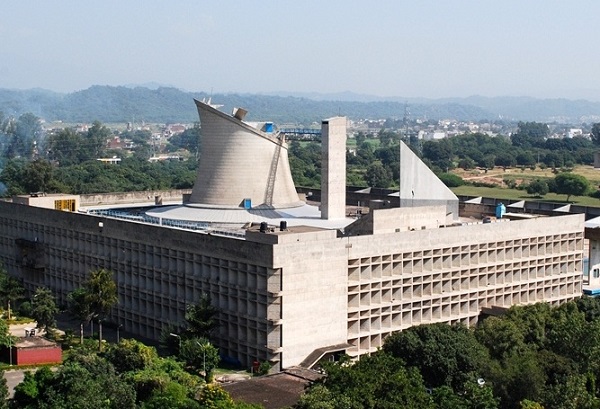New (Samajweekly) Chandigarh could be the new flash point between the BJP, Congress and Aam Aadmi Party (AAP) after AAP recently passed a resolution in the Punjab Assembly urging the Centre to “immediately transfer Chandigarh to Punjab”.
On Monday, Congress Rajya Sabha MP from Haryana, Depender Singh Hooda, submitted a notice in the Upper House highlighting Haryana’s claim over Chandigarh.
Hooda’s notice under Rule 267 said, “The claim that Chandigarh was created as capital of Punjab is misleading. It’s a violation of the Punjab Reorganisation Act of 1966.”
Not only the Congress, but the BJP too has opposed the move by AAP.
The BJP-ruled Haryana will convene a day-long special session of the Vidhan Sabha on Tuesday. A cabinet meeting was held on Sunday under the chairmanship of Haryana Chief Minister Manohar Lal Khattar, who has condemned AAP moving a resolution in the Assembly to transfer Chandigarh to Punjab.
“Condemnable. They should not have done this. Punjab should first go to the Supreme Court for resolving the Satluj Yamuna Link (SYL) canal issue. The Hindi-speaking areas were not given to Haryana, which delayed the rest of the issues. They should first be ready to hand over the Hindi-speaking areas to Haryana,” Khattar said, adding that Chandigarh is and will remain the capital of both Haryana and Punjab.
Haryana, Himachal Pradesh and Chandigarh came into existence through the Punjab Reorganisation Act passed in 1966.
Last Friday, the Punjab Assembly unanimously adopted the resolution moved by Chief Minister Bhagwant Mann, urging the Centre to transfer Chandigarh to Punjab.
The issue was triggered on March 27 after Union Home Minister Amit Shah announced that the Central Civil Service Rules will be implemented for all employees under the Chandigarh administration, which was opposed by different political parties in Punjab.
If the Central Civil Service Rules are implemented, all employees will get the pay scale under the Central rules.
As per the rules, retirement age will be enhanced from 58 to 60 years, while the maternity leave will be extended to two years from the existing one year.









